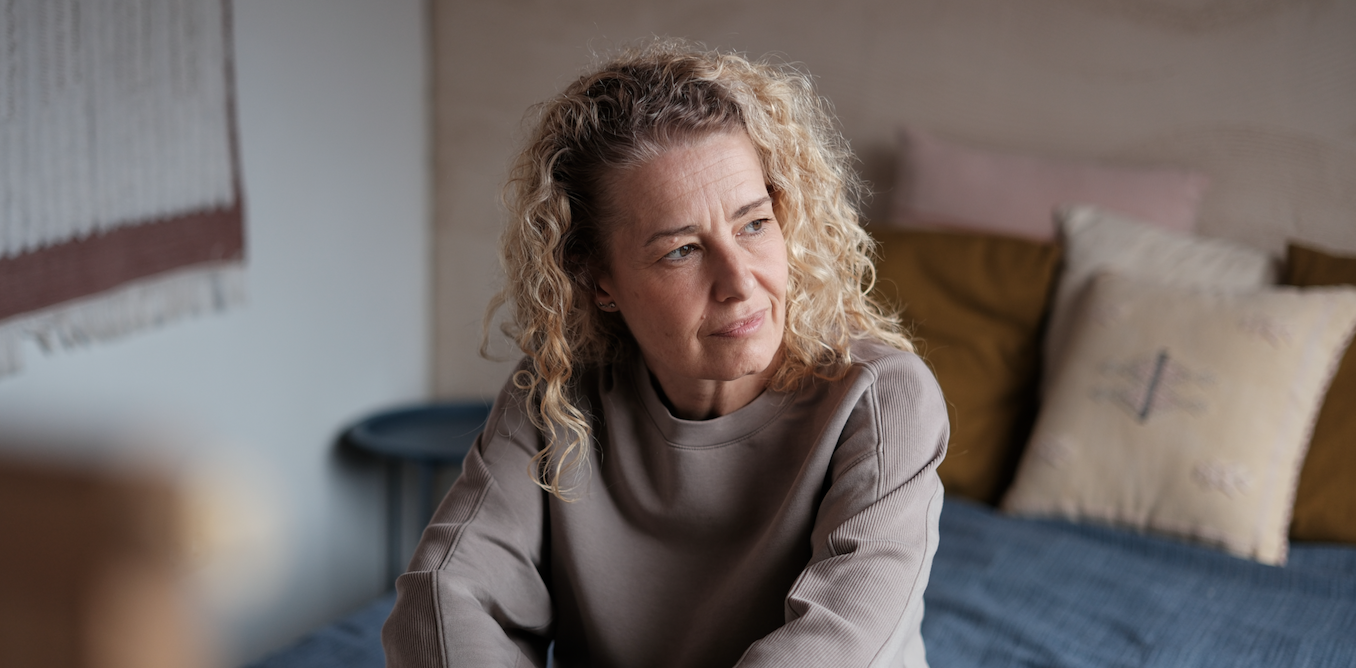madman
Super Moderator
Overuse of testosterone (cosmetic sides)
19:22-20:24
When it comes to women’s hormones, testosterone is often misunderstood – and frequently left out of the conversation altogether. But what role does it really play in women’s health? Does it drop at menopause? And can testosterone therapy actually help with symptoms like low libido, energy or mood?
In this episode, Thriving in Menopause host Zoe Meunier talks to Professor Susan Davis – one of the world’s leading researchers on women’s hormone health – to cut through the hype and misinformation around testosterone therapy.
Whether you’re curious about boosting libido, wondering about safety, or just want to separate fact from fiction, this conversation will help you make informed choices about your hormone health.
Susan is a Consultant Endocrinologist and Head of the Women’s Endocrine Clinic, Alfred Hospital Melbourne and a consultant at Cabrini Medical Centre. She is a Fellow and Executive Council Member of the Australian Academy of Health and Medical Sciences.
Susan’s research, spanning basic science to clinical trials, has been pivotal to the understanding of menopause and the role of sex hormones in the brain (cognition, mood, sexual function), cardiovascular system (lipids, vascular function, and coagulation), and muscle, joint cartilage and bone. She currently leads an innovative program of clinical research trials and population-based studies supported by the NHMRC, MRFF, MS Australia, and the Heart Foundation. With over 490 peer-reviewed publications her work underpins many best practice recommendations and has influenced health care delivery globally. She advocates for best clinical care via co-authorship of international Best Practice Guidelines (>20) and led the development of the nationally and internationally endorsed Practitioner Toolkit for Managing Menopause.
Susan was one of five founders of Jean Hailes for Women, is a past President of the Australasian Menopause Society and of the International Menopause Society.
Susan has received numerous national and international prestigious research awards. In 2022 she was awarded the Medal of the Royal Australasian College of Physicians for her outstanding contribution and leadership in endocrinology and women’s health. Susan was appointed an Officer of the Order of Australia for distinguished service to medicine, to women’s health as a clinical endocrinologist and researcher, and to medical education.
She is an advisor to the NHS Menopause Improvement Programme Steering Committee (UK) and was an advisor for the Australian National Women’s Health Strategy 2020-2030. She also serves as an Advisor to the National Women’s Health Advisory Council (2022-). Susan works with industry to ensure the health needs of women are understood. She has spoken before national (TGA) and international regulatory bodies, FDA (US) and EMA (Europe) as an advocate and adviso
19:22-20:24
When it comes to women’s hormones, testosterone is often misunderstood – and frequently left out of the conversation altogether. But what role does it really play in women’s health? Does it drop at menopause? And can testosterone therapy actually help with symptoms like low libido, energy or mood?
In this episode, Thriving in Menopause host Zoe Meunier talks to Professor Susan Davis – one of the world’s leading researchers on women’s hormone health – to cut through the hype and misinformation around testosterone therapy.
Whether you’re curious about boosting libido, wondering about safety, or just want to separate fact from fiction, this conversation will help you make informed choices about your hormone health.
More about Susan Davis, AO
Professor Susan R Davis AO, MBBS FRACP PhD FAHMS is a clinician researcher and an internationally recognised expert in menopause, and the role of sex hormones in women across the lifespan. She is Head of the Monash University Women’s Health Research Program and holds a Level 3 NHMRC Investigator Grant, for which she received the Elizabeth Blackburn Award of the NHMRC in 2023.Susan is a Consultant Endocrinologist and Head of the Women’s Endocrine Clinic, Alfred Hospital Melbourne and a consultant at Cabrini Medical Centre. She is a Fellow and Executive Council Member of the Australian Academy of Health and Medical Sciences.
Susan’s research, spanning basic science to clinical trials, has been pivotal to the understanding of menopause and the role of sex hormones in the brain (cognition, mood, sexual function), cardiovascular system (lipids, vascular function, and coagulation), and muscle, joint cartilage and bone. She currently leads an innovative program of clinical research trials and population-based studies supported by the NHMRC, MRFF, MS Australia, and the Heart Foundation. With over 490 peer-reviewed publications her work underpins many best practice recommendations and has influenced health care delivery globally. She advocates for best clinical care via co-authorship of international Best Practice Guidelines (>20) and led the development of the nationally and internationally endorsed Practitioner Toolkit for Managing Menopause.
Susan was one of five founders of Jean Hailes for Women, is a past President of the Australasian Menopause Society and of the International Menopause Society.
Susan has received numerous national and international prestigious research awards. In 2022 she was awarded the Medal of the Royal Australasian College of Physicians for her outstanding contribution and leadership in endocrinology and women’s health. Susan was appointed an Officer of the Order of Australia for distinguished service to medicine, to women’s health as a clinical endocrinologist and researcher, and to medical education.
She is an advisor to the NHS Menopause Improvement Programme Steering Committee (UK) and was an advisor for the Australian National Women’s Health Strategy 2020-2030. She also serves as an Advisor to the National Women’s Health Advisory Council (2022-). Susan works with industry to ensure the health needs of women are understood. She has spoken before national (TGA) and international regulatory bodies, FDA (US) and EMA (Europe) as an advocate and adviso











